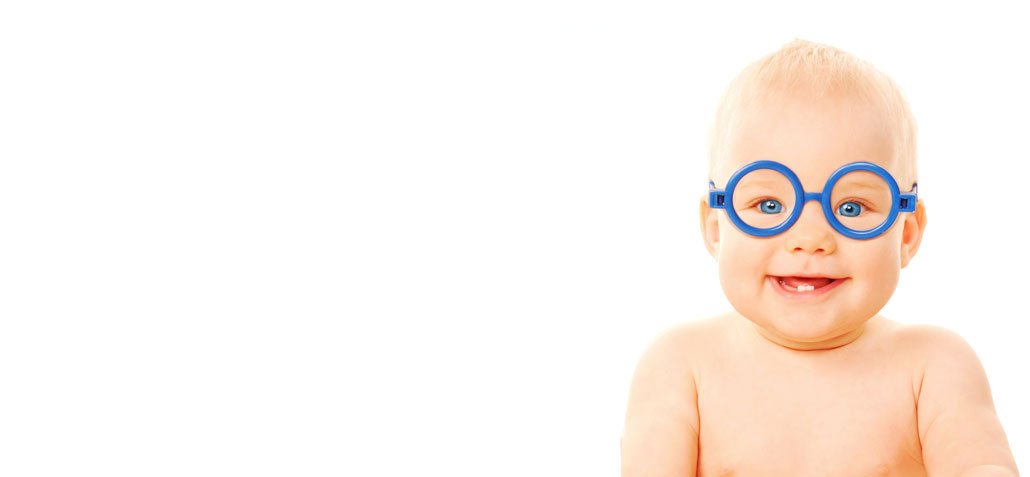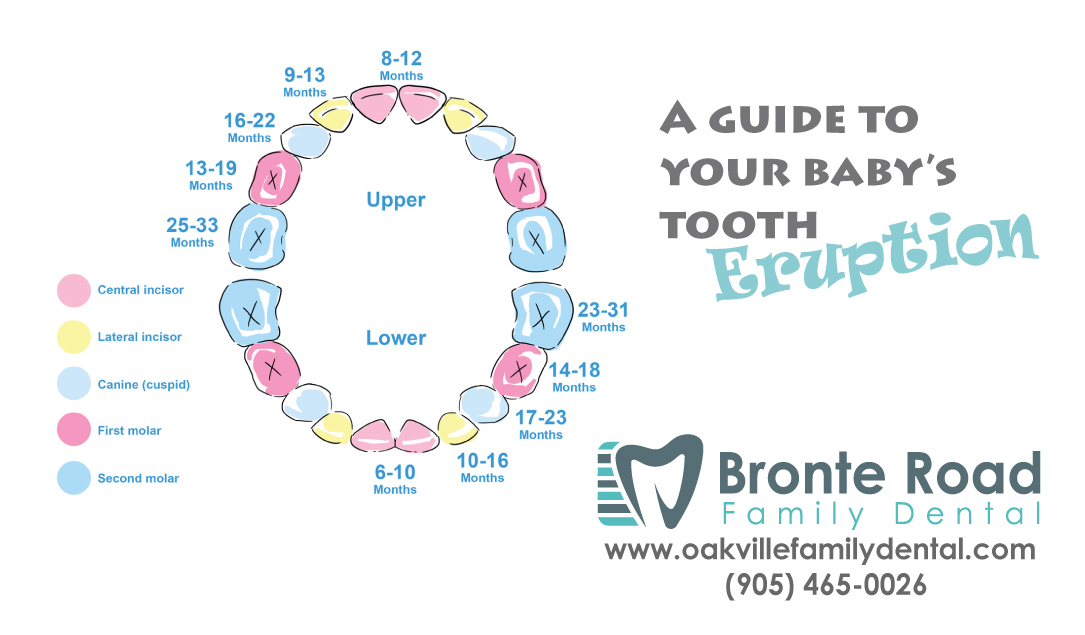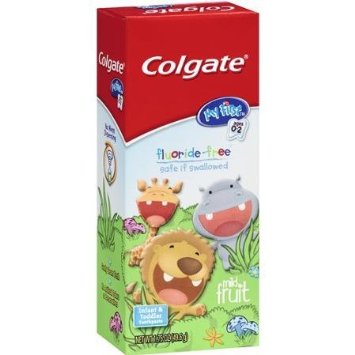Baby teething: 7 tips for busy parents (with teeth eruption chart)

Teething can be considered as a tiresome period for both you and your baby. From the recent studies, it has been identified that around 60% of the babies will have to suffer from health problems that are associated with teething. Therefore, it is extremely important for the parents to pay special attention towards baby’s teething and identify the symptoms at an early stage in order to stay away from discomfort.
When will your baby start teething?
The first tooth of your baby usually appears through the gums at around 6 months. You can seek the assistance of a teeth chart to get a better idea on this. It will help you to enhance your knowledge on teeth order as well. If the first teeth of your baby appears before 6 months or after 6 months, you don’t need to worry about anything as it is completely natural. If you have any concerns about it, you can always get in touch with a qualified professional.
The bottom middle teeth typically emerge first, between 6-9 months followed by 18 other teeth. We have included a teeth chart, please check out the approximate eruption dates
How can you know whether your baby is teething?
Teething can be considered as one of the milestones in the life of your baby. Therefore, you need to have a clear idea about the teething of your baby. Usually babies tend to chew more than usual before the first tooth appears. If you closely observe the behavior of your baby, you will be able to identify whether your baby is teething or not.
How can you help when your baby is teething?
When you see the development of teeth inside your baby’s mouth, you can give them with a chilled teething ring. This will assist your baby to stay away from the pain that is associated with the entire process. The teething ring that you give to your child should have a very little chill and it should not be a frozen one.
According to Canadian Dental Association article about primary teeth, if the baby seems to be in pain due to teething, its recommended to rub the gums with clean finger. This may sooth the pain. After several attempts, application of chipped spoon or teeth ring may add further comfort. Always consult with your dentist to other procedures to ease the pain.
Remember, don’t apply any medications without consulting your health provider. Applying medication may result in being ingested. This may result in Toxic reaction to the baby.
What should you do after feeding the baby?
Once you feed the baby, you need to clean the gums of your baby with the help of a damp washcloth. This will assist you to keep that area free from bacteria. When few teeth appear in the mouth of your child, you can think of purchasing a soft toothbrush from the market and clean them every day.
My baby is experiencing fever, is this part of normal teething process?
No, according to Canadian Dental Association, fever is not associated with teething. If you baby is experiencing fever, please consult your doctor.
What toothpaste should you use?
It is recommended to use an age-appropriate toothpaste during the eruption process. This will help you to prevent the decay of your child’s teeth from the young age. A very thin smear of toothpaste should be used to brush the teeth of children who are under 3 years of age.
What are the good health habits that you should teach your baby?
Babies usually have the bad habit of breathing with their mouth and sucking their thumb. This has the potential to affect the development of teeth inside your baby’s mouth after the eruption. Therefore, it is important to teach good health habits to your baby.
Read more article
Dental plaque: All you need to need to know
At Bronte Road Family Dental we love kids all ages. In order to provide enjoyable experience, we developed nice treats, TV programs, pre-appointment rides and many other activities. We enjoy working with children and making them feel safe and welcome. Call today (905)465-0026 to learn more about our kids dentist Oakville program



